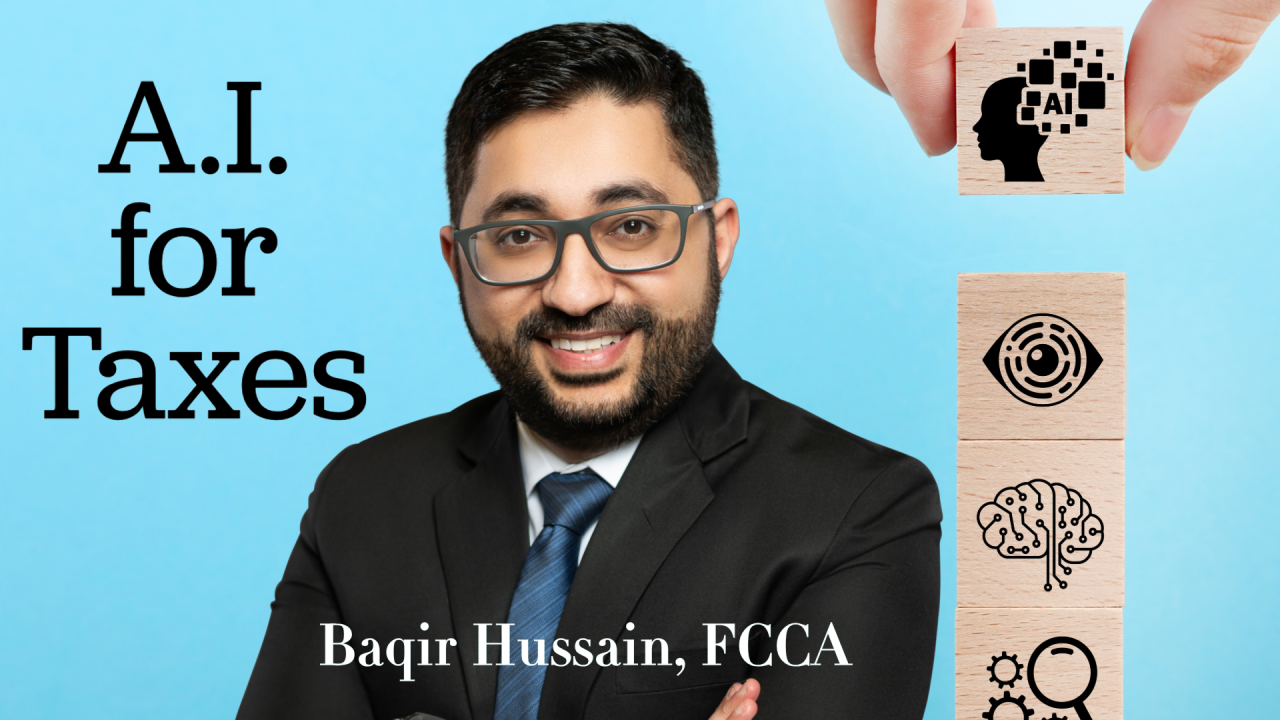Seven out of ten new clients who come to me aren’t looking for someone better than their last accountant.
In fact, their previous accountant was often technically brilliant. A genius with numbers.
So why are they switching?
That’s the first thing I ask when we start working together.
And the answers are rarely what you’d expect.
Here’s what I hear over and over, almost word for word:
- “They never get back to me.”
- “I have no idea what’s going on with my tax return.”
- “I feel like I’m always chasing them.”
There’s a theme here.
It’s not about tax. It’s about communication.
And as someone who runs an accounting firm, let me be the first to say. The client is often right.
Now, what’s any of this got to do with ChatGPT or saving on tax?
Everything.
Because before we talk about tools, you need to understand the person on the other side of the email.
Most accountants aren’t poor communicators because they don’t care. They’re poor communicators because they’re wired that way.
We’re trained to be accurate, cautious, methodical. Most of us are introverts, deep thinkers, better with spreadsheets than with small talk. We’ll work ourselves to the bone behind the scenes. But forget to send a simple update.
I used to joke that I was a “reluctant auditor,” even after a decade in a Big 4 firm. Talking wasn’t natural to me either.
I’ve since learned to lean into communication. I’ve even been told I “talk too much” for an accountant. I’ll take that as a compliment. But I also feel a little defensive, because I know how hard most accountants are working. You just don’t see it.
That gap. Between the work being done and the client feeling informed, is where things break down.
And ironically, that’s where A.I. can help.
Moral of the story?
You can be a 9/10 technically, but if you’re a 3/10 in communication, you’re still a 3/10 in the client’s eyes.
If clients don’t know what you’re doing, why it matters, or where things are at… It doesn’t feel like a good experience, even if the numbers are perfect.
That’s the real tax problem. It’s not the numbers, it’s the lack of clarity around them.
So where does ChatGPT come in?
We use A.I. every day in my firm. Not to replace our work, but to communicate it better.
Let’s say a client emails with a tricky question. I’ll often run it through ChatGPT. Not for the final answer, but to explore how to explain it better, or check whether I’m missing a helpful way to frame it.
We also record all client meetings using A.I. notetakers. That way, nothing is lost.
No more “You didn’t tell me that.”
Everyone walks away with the same notes, the same clarity, and a next step.
But here’s what surprised me most:
Clients can use AI too.
And when they do, our meetings go to a whole new level.
If a client takes five minutes to think through their questions before we speak. Maybe even run them through ChatGPT first to shape their thinking, then the results are night and day.
There’s less rambling. More focus. Clearer goals. And faster solutions.
Here’s the takeaway:
If you’re working with an accountant. Or any advisor, really. Try this one small shift:
–> Use AI to help you ask better questions.
You don’t need to know the tax rules. But you do need to ask the right things to get the right answers. And sometimes it’s hard to know where to begin. So open ChatGPT and type:
“Help me prepare questions for my accountant about my rental property tax.”
You might be surprised what comes up. That simple step can lead to clearer expectations, better advice, less frustration.
And yes: lower tax when the right questions lead to the right deductions.
AI doesn’t replace your accountant. But it might help you understand them better.
And that alone is worth it.
If you found this helpful, I write a weekly newsletter called Tax Made Simple, where I break down New Zealand tax in plain English. You can sign up here.
Or feel free to send me an email if you’d like to talk through your own tax situation.
Baqir Hussain, FCCA

